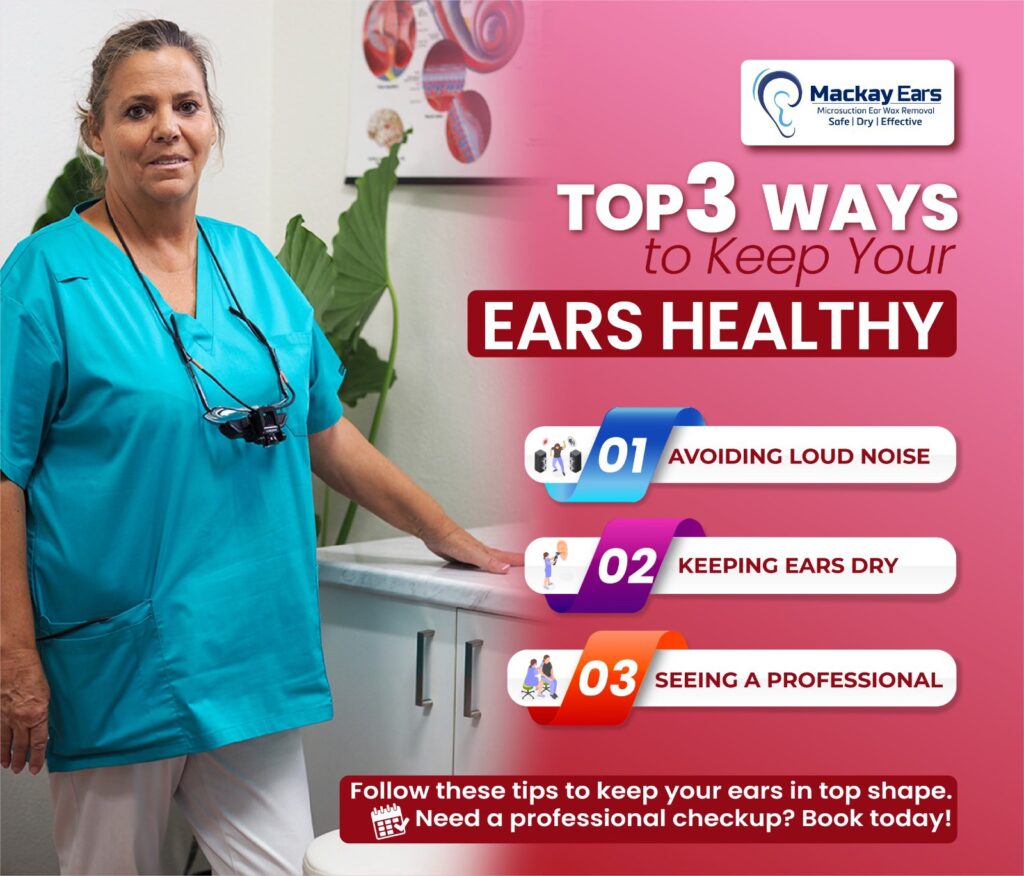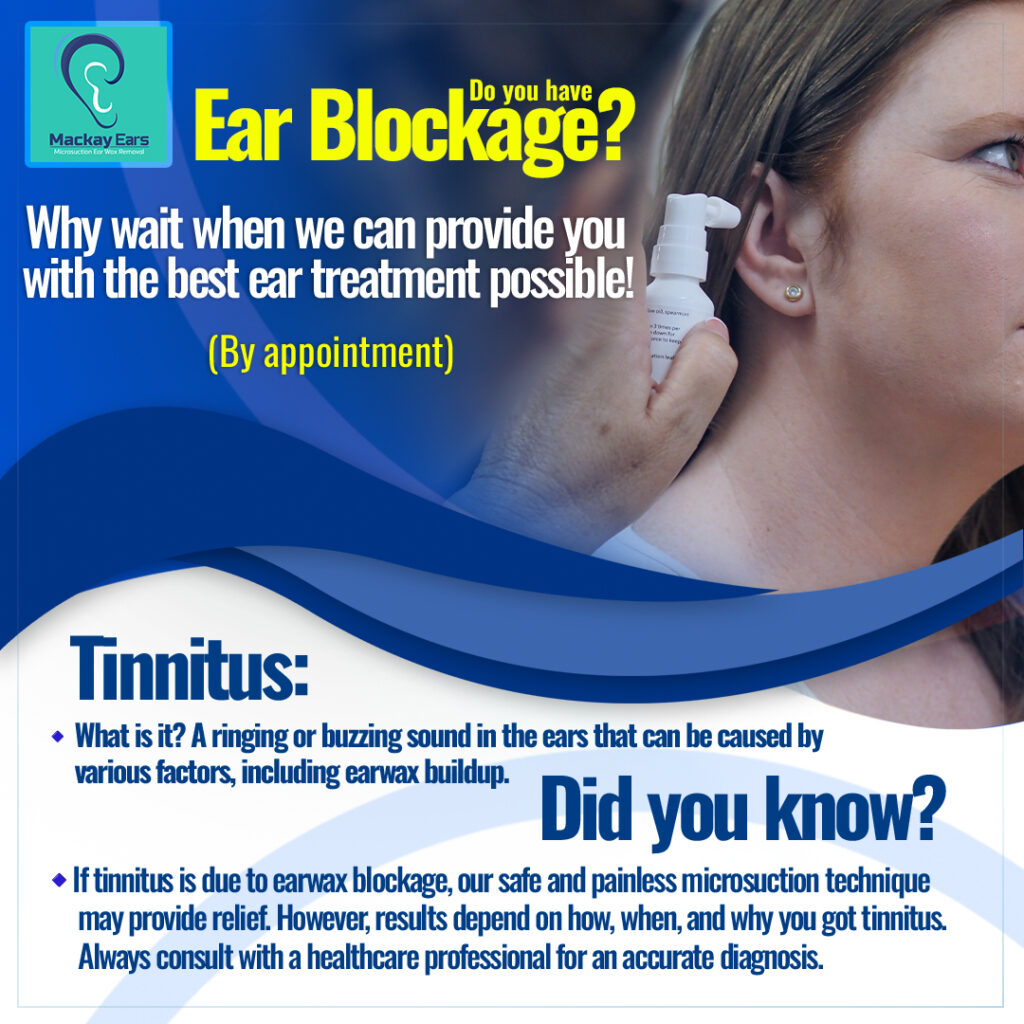Hearing and balance are two essential senses that greatly influence how we navigate and experience the world around us. When either hearing or balance is impaired, it can greatly impact an individual’s daily life. Audiologists are trained healthcare specialists who focus on diagnosing, treating, and managing issues related to hearing and balance, helping people restore their ability to hear and maintain stability.
In this blog, we will explore the important role of audiologists, the range of services they offer, their educational background, and when you should consider seeking their help. Understanding the valuable services provided by audiologists will enable you to make informed decisions about your hearing and balance health.
What is an Audiologist?
An audiologist is a trained healthcare professional specializing in diagnosing and treating disorders related to hearing and balance. They work with individuals of all ages, evaluating conditions such as hearing loss, tinnitus (ringing in the ears), vertigo, and other balance-related issues. Audiologists are crucial in helping people regain their hearing and manage symptoms that impact their balance. Although they are not medical doctors and do not prescribe medications or perform surgeries, they are highly skilled in diagnosing and managing hearing and balance conditions.
They provide services such as fitting hearing aids and cochlear implants, rehabilitating individuals with balance disorders, and offering preventive care to protect hearing.
Services Provided by Audiologists
Audiologists offer a range of specialized services tailored to meet the unique needs of each patient. Below are some of the key services they provide:
Hearing Loss Evaluation and Treatment
One of the primary services that audiologists provide is the diagnosis and management of hearing loss. Hearing loss can result from various factors, such as aging, extended exposure to loud sounds, ear infections, or genetic predispositions. Audiologists use advanced diagnostic tools, such as pure tone audiometry, speech testing, and tympanometry, to assess the degree and type of hearing loss.
Once the assessment is complete, audiologists may recommend a range of treatments, including:
Hearing aids
Compact devices that fit in or behind the ear, designed to amplify sound and enhance hearing.
Cochlear implants
Surgically placed devices for individuals with profound hearing loss who do not experience sufficient improvement with hearing aids.
Assistive listening devices (ALDs)
Devices designed to amplify sound in specific settings, such as theaters, classrooms, or during one-on-one conversations.
At Mackay Ears, we specialize in providing personalized hearing solutions to help our patients improve their auditory experience.
Tinnitus Management
Tinnitus, often described as “ringing in the ears,” is a condition where individuals perceive sounds that do not originate from an external source. This condition can be temporary for some, but for others, it can become chronic and disruptive. Audiologists play a crucial role in diagnosing the causes of tinnitus and offering strategies to manage it. Some common tinnitus management methods include:
- Sound therapy: Utilizing white noise or calming sounds to help mask the ringing sensation associated with tinnitus.
- Cognitive Behavioral Therapy (CBT): A counseling method that aids individuals in managing the emotional challenges of tinnitus, helping to alleviate the anxiety and stress it may cause.
Balance and Vestibular Disorders
Audiologists are also trained to diagnose and treat balance disorders, which are often linked to the vestibular system in the inner ear. Conditions like benign paroxysmal positional vertigo (BPPV), Meniere’s disease, and vestibular neuritis can lead to symptoms such as dizziness, vertigo, and difficulty maintaining balance.
At Mackay Ears, we provide specialized vestibular rehabilitation therapy (VRT), which includes exercises designed to help patients retrain their brain to process signals from the vestibular system correctly. By improving balance and reducing dizziness, VRT can significantly enhance a patient’s quality of life.
Hearing Protection and Prevention
An important part of an audiologist’s role is educating patients about hearing protection and preventing noise-induced hearing damage. Prolonged exposure to loud noises can lead to permanent hearing loss, but the right protective measures can help prevent this damage. Audiologists provide advice on:
Noise-canceling ear protection
Custom earplugs are tailored for individuals who are frequently in noisy environments, such as musicians, construction workers, or people attending loud events, providing protection against hearing damage.
Pediatric Audiology
Pediatric audiology is dedicated to identifying and addressing hearing impairments in children. Early identification of hearing issues is crucial for ensuring proper speech and language development in young individuals. Audiologists who specialize in pediatric audiology are trained to assess hearing loss in children and offer appropriate interventions to ensure they develop speech and language skills as expected. Early diagnosis and intervention are essential to help children reach their full potential.
Education and Training of Audiologists
Becoming an audiologist requires years of education and clinical training. In most countries, including the United States, audiologists are required to complete a doctoral degree in audiology (AuD), which typically involves 8-10 years of education and training. The journey to becoming an audiologist typically includes:
Bachelor’s Degree: Aspiring audiologists begin by earning a bachelor’s degree in a related field, such as biology, psychology, or speech and hearing science.
- Doctoral Degree: After completing their undergraduate education, students enter a doctoral program in audiology (AuD). This program generally takes 4 years and combines classroom instruction with hands-on clinical training, where students gain real-world experience working with patients in clinical settings.
- Clinical Practicum and Externships: In the final year of the AuD program, students complete a clinical practicum, working under the supervision of licensed audiologists to gain direct experience.
- Licensing and Certification: After completing the educational requirements, audiologists must pass a national exam and meet state-specific licensing requirements. Audiologists may also choose to obtain additional certifications from professional bodies, like the American Board of Audiology, to showcase their specialized knowledge and expertise in the field.
When to See an Audiologist
It’s important to recognize when you should consult an audiologist. Here are some common signs that suggest you may benefit from seeing an audiologist:
- Difficulty hearing: If you struggle to hear conversations, particularly in noisy environments, or frequently ask others to repeat themselves.
- Ringing in the ears: Persistent ringing, buzzing, or hissing sounds in the ears could indicate tinnitus.
- Balance issues: Frequent dizziness or vertigo could signal a balance disorder.
- Sensitivity to loud noises: If loud sounds cause discomfort or pain, it may be a sign of hearing issues.
- Hearing loss after exposure to loud sounds: If you have been exposed to loud environments, such as concerts or machinery, it’s important to get your hearing checked regularly.
At Mackay Ears, we specialize in safe and effective micro suction ear cleaning, ensuring your ears are free from wax and debris. Our expert team, led by experienced Nurse Kim Van De Wetering, provides gentle, tailored care to address your specific ear health concerns. Visit us in Mackay or Moranbah to experience clear, healthy ears.
How Audiologists Diagnose Hearing and Balance Issues
Audiologists utilize a variety of specialized tests to diagnose hearing and balance problems. Some of the most commonly used diagnostic tests include:
- Pure Tone Audiometry: A hearing test that measures the faintest sound a person can hear at various frequencies.
- Speech Audiometry: A test that evaluates a person’s ability to hear and comprehend spoken words.
- Tympanometry: A test that assesses the middle ear by measuring the eardrum’s response to changes in air pressure.
- Electronystagmography (ENG): A test used to evaluate the vestibular (balance) system by recording eye movements.
- Vestibular Evoked Myogenic Potential (VEMP) Test: A test that examines the vestibular system by measuring muscle responses to sound stimuli.
Conclusion
Audiologists play a vital role in maintaining and improving hearing and balance health. Their expertise allows them to diagnose hearing loss, fit hearing aids, manage tinnitus, and provide treatment for balance disorders. If you are experiencing issues with hearing or balance, seeking help from an audiologist is an important step toward enhancing your quality of life.
At Mackay Ears, we specialize in professional micro suction ear cleaning services to help you maintain clear and healthy ears. Our safe and effective approach ensures gentle removal of earwax and debris, providing relief from discomfort and improving your hearing clarity. If you’re experiencing symptoms of earwax buildup or related issues, visit us in Mackay or Moranbah for expert care. Protect your ear health today for a clearer, more comfortable tomorrow.



